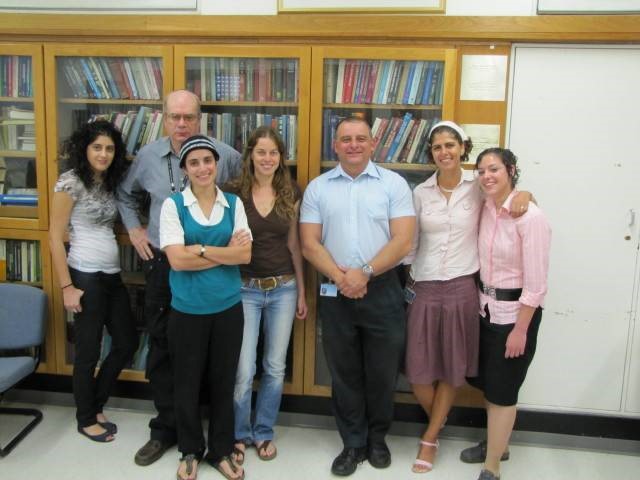
By Barbara Sofer
Waking up at night in her Jerusalem apartment, Ruchama Efrayim, 75, suddenly discovered that she couldn’t stand. “Each time I tried to stand up I fell over. I cut my head but didn’t feel it,” says the 75-year-old Jerusalem woman. “I knew it was a stroke.”
Her husband wasn’t sure what to do. “All I knew was that if I lost her I lost everything, ” he said. He called their children,
who called an ambulance. At Hadassah’s Ein Kerem Hospital a team of stroke experts was ready for her.
The neurosurgeon was able to remove the blood clot in time to save both her life and, following a period of recuperation, her
full ability to function.
“There’s a very short window for treatment for strokes, so the sooner you can get to the hospital, the better,” says Prof. Ronen
Leker, Director of Hadassah’s Stroke Center, officially the head of Hadassah’s stroke service and Cerebrovascular Disease Research Laboratory. Get to the hospital immediately if experiencing suddenly asymmetrical facial features, slurred speech or inability to retrieve common words, or weakness on one side of the body, advises Prof.Leker.
In recent years the Center has proved an international leader in both stroke treatment and research. Prominent centers in top tier
medical journals have changed their approach to treating stroke, following methods outlined by the Hadassah team in 2012.
The public was invited recently to a meeting with stroke experts at Hadassah Ein Kerem for a comprehensive explanation
of stroke prevention, treatment and rehab.
